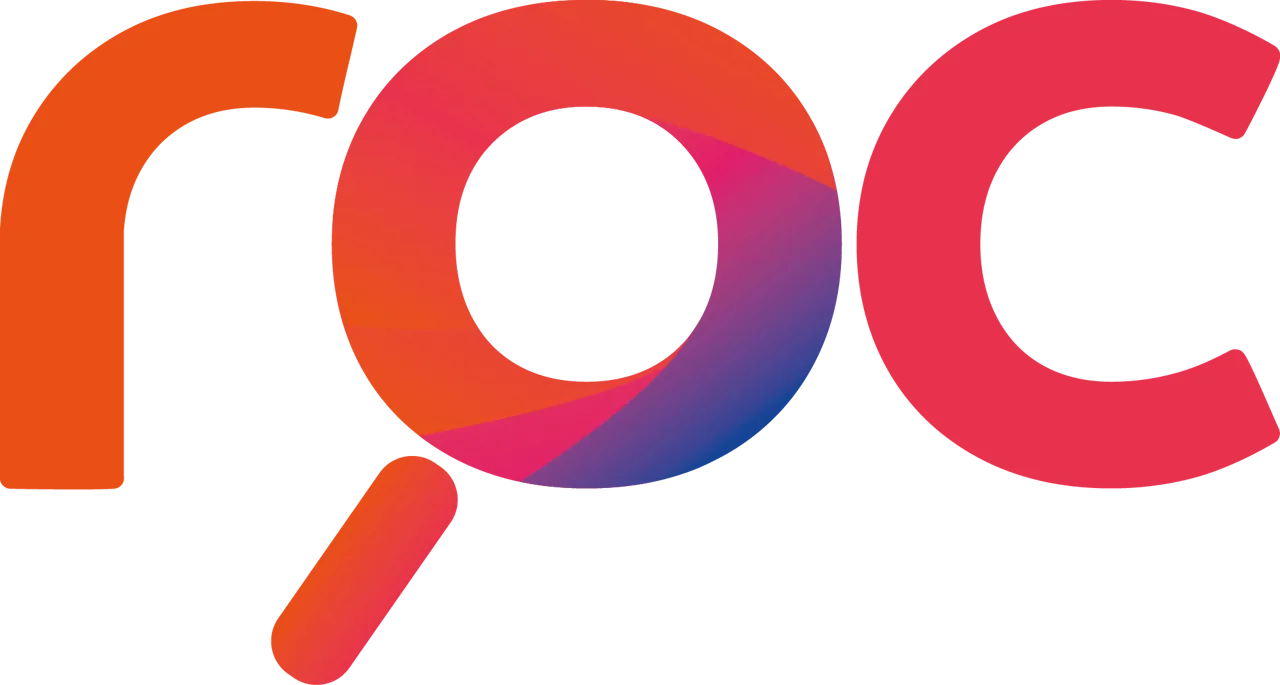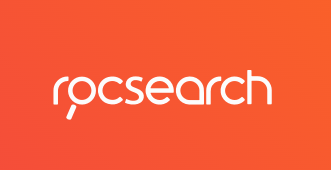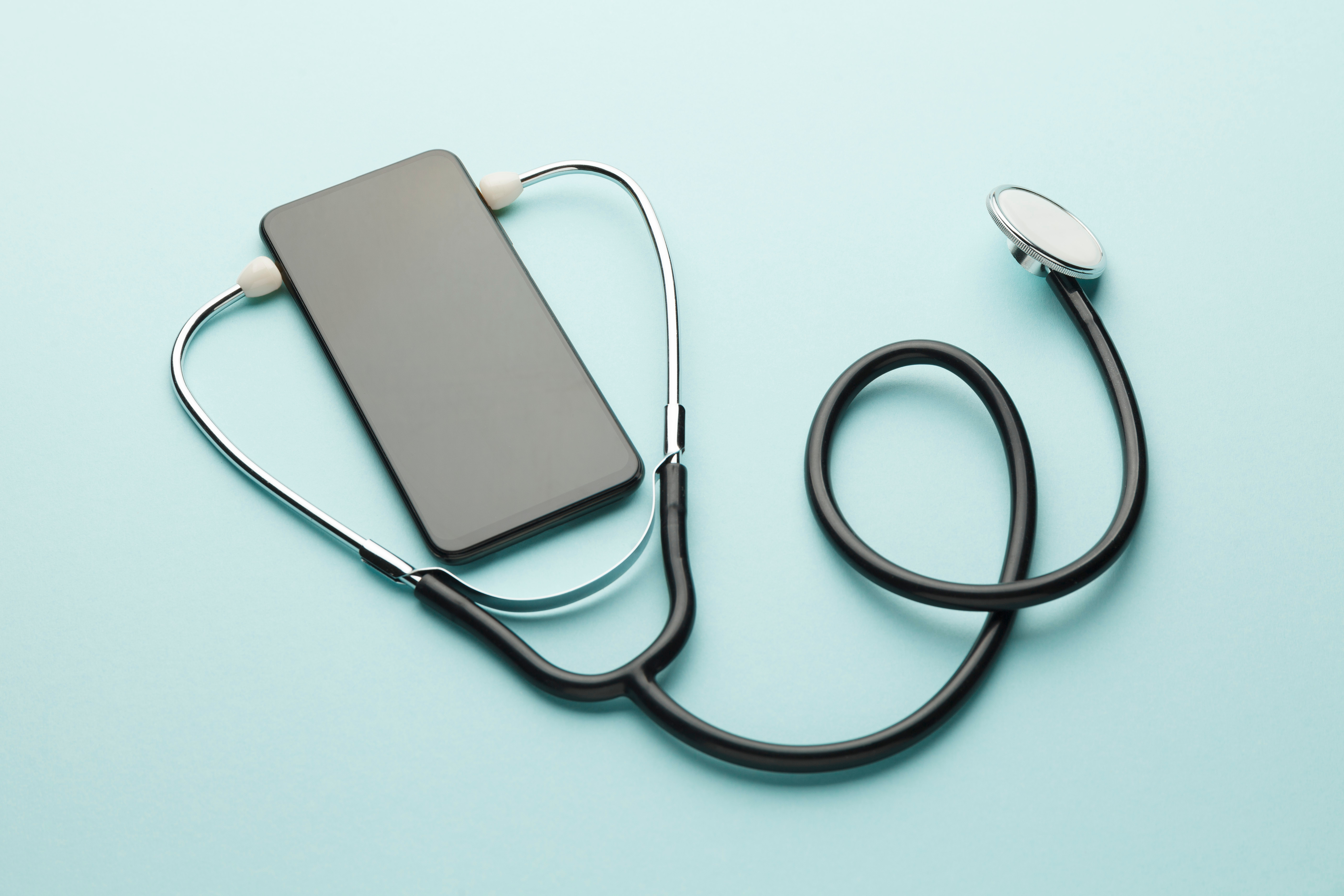
Last month the government published its digital health and social care plan, detailing radical ambitions to transform health and care through digital technology and bring our beloved health service into the 21st century. In the words of (then) health and social care secretary Sajid Javid, it’s a “programme of modernisation that will make sure the NHS is set up to meet the challenges of 2048 – not 1948, when it was first established.” [i]
Let’s take a look at the plan…
New features for the NHS app
The NHS app plays a central role in the plan, with lots of new features being rolled out across 2023 and 2024.
By March 2023, NHS app users will be able to:
- Manage their contact details and register with a GP practice.
- Receive notifications, including alerts on prescription readiness and reminders for COVID vaccines.
- Book COVID vaccines directly.
- Request retroactive information regarding their GP record.
Also by March 2023, more people (although not all people) will be able to:
- Access their medical records.
- Manage hospital appointments.
- Receive messages from their GP.
Looking further ahead, in 2024 patients will be able to use the app to:
- Have a video consultation with their GP.
- Complete hospital pre-assessment checks from the comfort of their home.
The goal is to use technology to deliver faster, more efficient and more personalised care to patients – and, perhaps more importantly, to improve access to health services and give patients greater control over their care. And from the NHS’s perspective, these new app features should help to reduce the burden on frontline services, save money and slash those huge waiting times.
A digital NHS workforce
The plan also sets out a vision of providing joined up care through Integrated Care Systems (ICSs) – partnerships of health and care organisations that come together to plan and deliver joined up services. By March 2025, clinical teams in an ICS should have secure access to a complete digital view of a patient’s health record, including medications and history.
So we’re looking at a future in which the NHS workforce is a digital workforce. But for this vision to take shape, the NHS needs to bolster digital skills among its people. The plan takes account of this and includes measures such as:
- Developing a national workforce strategy to bridge the skills gap.
- Creating an additional 10,500 positions in specialist technology and data roles.
- Providing accessible training and online resources for staff.
Sounds great, but a lot has happened since the plan was published…
We know what you’re thinking: clearly a lot has changed in Downing Street in the last month – mass resignations of ministers (including Javid himself), the hunt for a new PM, distractions galore. (It’s like dog years – one month for a politician is like a whole year for the rest of us.)
But since £2 billion has already been allocated for these ambitious health and care plans, the hope is none of that political maneuvering will affect the long-term goal of transforming our NHS. Because we all know the health service needs a refresh if it’s to overcome the massive COVID backlog and remain fit for purpose in our rapidly changing world.
So what needs to happen next?
Well, we’ve already talked about the immediate plans for the app and that seems to be the priority for now. An obvious next step, therefore, is for the government to get more people actually using the app. Currently, only around half of adults have the app on their phone or tablet (so that’s roughly 28 million people). The government wants to increase that to 75% of adults by March 2024. So if you haven’t yet downloaded the app, maybe now’s a good time to give it a try?
And from the NHS side, there’s still work to be done to digitise patient records – a vital part of building a digital health service. Right now, one in five NHS trusts still don’t have electronic patient record systems, and solving that shortfall is another major priority. The government has said it wants 90% of NHS trusts to have electronic patient record systems in place by December 2023 (and the remaining 10% to be in the process of implementing digital records). Watch this space.
Technology is a fantastic enabler of change, and we’re excited to see how the NHS evolves over the next few years. And as specialists in technology and public sector recruitment, we’ll certainly be watching the NHS’s digital recruitment plans with interest.
Thinking of applying your tech skills in the public sector? Talk to us about our exciting public sector jobs. Or maybe you’re a public sector employer looking for the best technology talent, in which case we can help you too. Connect with Roc Search.
[i] Source: https://www.digitalhealth.net/2022/06/digital-health-and-care-plan-2billion-digitise-sector/





